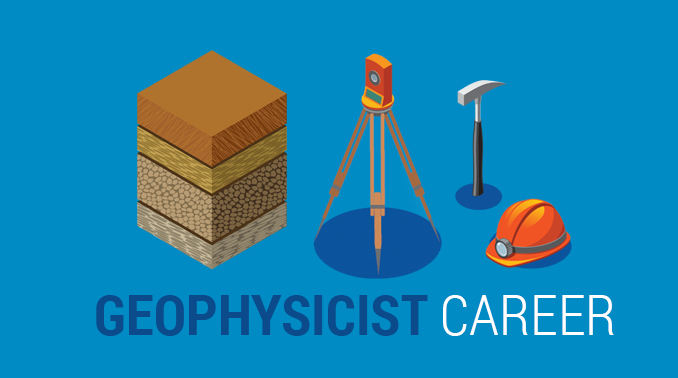All Categories
Featured
Table of Contents
Geophysical Survey in Oldsbury Oz 2020
This work is significantly contracted out, so consultancies supply another source of employment. Consultancy firms vary in size, from really little companies to large multinationals. Some consultancies are rather specialised in using particular geophysical techniques or operating in particular locations, while others provide a more diverse series of services to their customers.
The extraction of gas from land fill sites is another location of work and this might grow in the future. Exploration business might undertake work for building and construction companies, water companies, mining companies and ecological companies, so geophysicists may be used in any of these settings. Other companies consist of: geological surveysgovernment bodies and agenciesuniversities and research institutes.


Vacancies may be listed in the oil and gas sector press. Recruitment is impacted by oil price changes and the level of competition for positions varies depending upon this. Careers Days, which cover the complete variety of geoscience professions and are generally gone to by a number of essential market companies, are run by The Geological Society.
Geophysical Consulting in Mount Lawley WA 2022
A few of the big oil and gas companies provide a full two-year structured training programme across the breadth of geophysics, including the opportunity to experience operate in numerous groups before specialising in one location. Your training may include deal with: existing wellsmagnetic and gravitational possible field data analysisresearchrock analysis. It's more usual for your preliminary training to be supplied on the job.

There might be a probationary duration during which you work along with a knowledgeable colleague. Competency-based appraisals take location regularly in most companies. In smaller firms, and for scholastic posts, there is not likely to be any official training - you'll be anticipated to start work straightaway and pick up abilities as you go along.
If you work for a smaller sized company, you may find that you require to take responsibility for organizing and moneying your own development and training. If you have a geology degree, subscription of The Geological Society can be helpful for networking and for keeping up to date with the industry.
Geophysical Consulting in Port Kennedy Western Australia 2023
You may also discover it helpful to sign up with the PESGB (The Petroleum Expedition Society of Great Britain, which has a geophysics unique interest group. After a probationary period, and once you've gained some experience, you could advance to senior geophysicist, then group leader and then into a senior role in management.
The ease of motion between roles depends upon the business structure. Research study at Masters or Ph, D level in a subject associated to geophysics or geosciences may help with your career advancement and progression. The employment market within the oil and gas market is extremely reliant on price and this may affect your opportunities for profession progression.
However, not all tasks are reliant on the oil and gas industries. For knowledgeable geophysicists, freelance consultancy uses a great route for career development. You can also specialise in a specific location of geophysics. As a geophysicist, you're likely to have several tasks throughout your working life. Worldwide mobility is essential for dealing with peaks and troughs in various countries at different times.
What Geophysicists Do in Cardup WA 2022
From geophysics, it's possible to concentrate on seismology (finishing further training to become a seismic interpreter) or to move into associated locations such as engineering geology or hazard prediction.
Deciding what to study in college is a difficult choice. Even if you know that your field of interest lies in science, what program of study is right for you?
The very first step to achieving your objective of becoming a geophysicist is earning a degree. Even for entry-level positions in the field of geoscience, you'll require a bachelor's degree (a geophysicist college degree) from a recognized college or university. Some research positions need prospects to hold master's degrees and even Ph.
Geophysics in North Perth Western Australia 2020
Doctoral degrees are specifically crucial if you prepare to teach at a four-year institution. Geophysicists use physics ideas and strategies to study the gravitational, magnetic, and electrical fields of the earth. This advances scientists' knowledge of both the planet's interior core and its surface. Geophysicists need to be able to: examine rocks, photos, and other pieces of data carry out research both in the field and in laboratories produce maps and charts of their findings write reports To achieve all this, trainees need a specialized education for geophysicist professions.
As stated above, you'll require a bachelor's degree in geoscience or an associated discipline, such as a physical science or a natural science, to land an entry-level task. However trainees can also prepare by learning subjects like: Biology Chemistry Computer system science Engineering Mathematics Physics The above geophysicist majors provide a more generalized method to a single clinical discipline, but a lot of programs need students to take several geology course.
Latest Posts
What Geophysicists Do in Iluka WA 2023
Geophysical Survey Definition in Casaurina Oz 2021
Geology And Geophysics - Careers And Employment in Manning Aus 2022